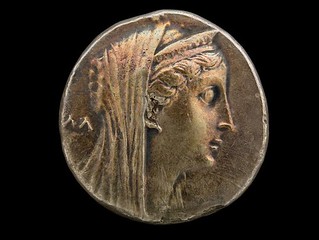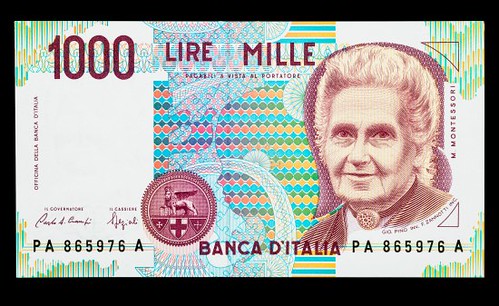
PREV ARTICLE
NEXT ARTICLE
FULL ISSUE
PREV FULL ISSUE
THE SMITHSONIAN'S WOMEN ON MONEY EXHIBIT
In keeping with the theme of women on money, National Numismatic Collection curator Ellen Feingold wrote on that very topic in a
Smithsonian blog March 14, 2016. Here's an excerpt. -Editor
In June 2015 Secretary of the Treasury Jacob Lew announced that the 10 dollar note will be redesigned to feature a historic woman, marking the first major change in the appearance of U.S. paper money in nearly a century. This landmark announcement not only stimulated an unprecedented national discussion around the design of U.S. paper money, but it also provoked an extraordinary national conversation about the significant roles that women have played in the making of the nation. To mark this historic moment, the museum will open a new display titled "Women on Money" on March 18, 2016, within the Stories on Money exhibition. This vibrant display will place the redesign of U.S. paper money into a global context and demonstrate that women have appeared on money from ancient times to the present day. These depictions commemorate women's contributions to national and world history and convey national ideals and ideas. Thus the display is organized around three themes: women on international money, women on American money, and female figures on money. One of the first historic women to appear on money was Arsinoe II, a Ptolemaic queen of Egypt, in the 3rd century BCE. Since then, many national currencies have depicted women either during their lifetimes or posthumously. Female political leaders have appeared on money with the greatest frequency. Powerful women, like Pharaoh Cleopatra VII, Queen Elizabeth I, and Empress Maria Theresa, each issued coins with their portraits, helping them assert their influence over nations and empires. Modern female politicians, such as First Lady of Argentina Eva Perón and Prime Minister of India Indira Gandhi, have appeared on national currencies posthumously, commemorating their political leadership and helping to cement their places in their national histories. 
Arsinoe II, Decadrachm Coin, Egypt, 3rd Century BCE In recent years, some governments have begun to reflect on the contributions women have made outside the political sphere and have chosen to honor women's achievements in the arts and sciences. For example, Poland has depicted the Nobel-prize winning chemist Marie Curie on the 20 zloty note; Italy has honored Maria Montessori, innovator in early childhood education, on the 1,000 lira note; and Fatma Aliye Topuz, a novelist and women's rights activist, has been honored on Turkey's 50 Lira note. Moreover, national communities are increasingly recognizing the role of female social activists as catalysts for change. Images of suffragettes, such as New Zealand's Kate Sheppard, have appeared on money as reminders of the importance of equality in a democratic society. 
Maria Montessori, 1,000 Lira Note, Italy, 1990 To read the complete article, see:

Wayne Homren, Editor The Numismatic Bibliomania Society is a non-profit organization promoting numismatic literature. See our web site at coinbooks.org. To submit items for publication in The E-Sylum, write to the Editor at this address: whomren@gmail.com To subscribe go to: https://my.binhost.com/lists/listinfo/esylum All Rights Reserved. NBS Home Page Contact the NBS webmaster 
|